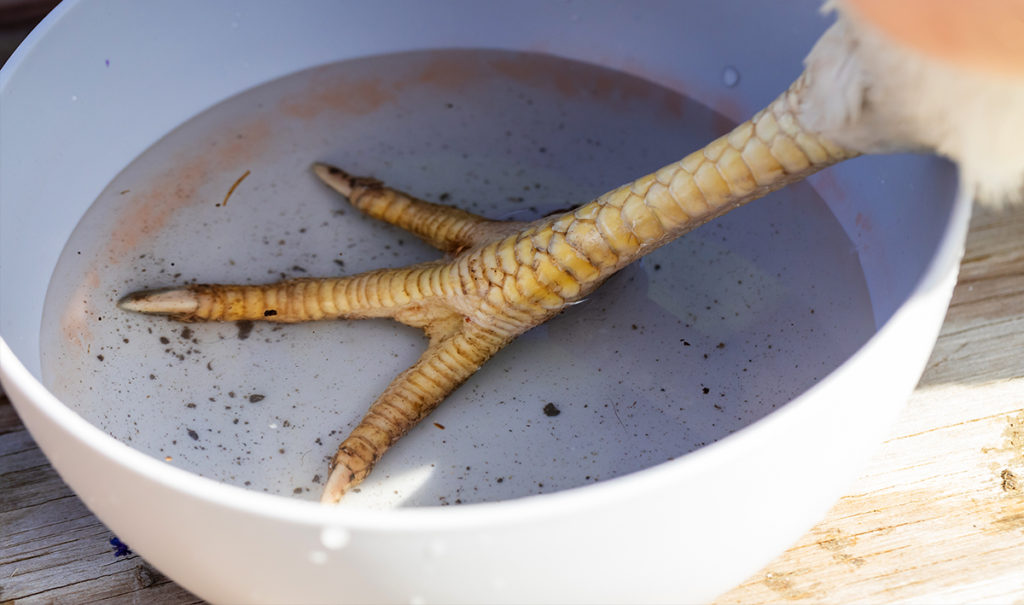How to Prevent Bumblefoot in Birds – Useful Tips and Techniques
Birds are fascinating creatures that bring joy and companionship to our lives. As bird owners, it is essential to prioritize their health and well-being. One significant health concern for birds is Bumblefoot, also known as pododermatitis, a condition that affects their feet. Bumblefoot can lead to pain, lameness, and even serious complications if left untreated. However, with proper care and attention, you can take preventive measures to safeguard your feathered friends from this avian condition. In this article, we will explore some useful tips and techniques on how to prevent Bumblefoot in birds.
1. Provide Proper Perching Surfaces
One of the primary reasons birds develop Bumblefoot is spending long hours on improper perching surfaces. To prevent this condition, ensure that the perches in your bird’s cage are smooth, appropriately sized, and comfortable for their feet. Avoid using rough or abrasive materials for perches, as they can cause injuries and skin abrasions.
2. Keep the Living Environment Clean
Maintaining a clean and sanitary living environment is crucial for preventing Bumblefoot. Regularly clean your bird’s cage, perches, and feeding areas to eliminate any accumulated droppings, dirt, or debris. An unsanitary environment can harbor harmful bacteria that can lead to infections in your bird’s feet.
3. Choose the Right Cage Size
Birds need ample space to move around and exercise their feet. Ensure that the cage you provide is appropriately sized for your bird’s species and size. A spacious cage will allow them to perch comfortably without putting excessive pressure on their feet.
4. Regular Foot Inspections
Take the time to inspect your bird’s feet regularly. Look for any signs of swelling, redness, or wounds. Early detection of potential issues can prevent Bumblefoot from developing or progressing.
5. Proper Nutrition
A well-balanced diet is vital for your bird’s overall health, including foot health. Make sure they receive the necessary vitamins and minerals through a variety of nutritious foods. Vitamin deficiencies can weaken their immune system, making them more susceptible to infections like Bumblefoot.
6. Encourage Exercise
Encourage your bird to exercise regularly. Flying, climbing, and walking help promote proper blood circulation and foot health. Providing stimulating toys and opportunities for physical activity can contribute to their overall well-being.
7. Use Safe and Clean Bedding
If your bird’s cage requires bedding material, opt for safe and clean options. Avoid using rough or sharp materials that could cause injuries to their feet. Soft materials like clean paper towels or bird-safe bedding can be more suitable choices.
8. Monitor for Injury or Trauma
Birds can be curious and sometimes get into accidents that lead to foot injuries. Keep an eye on your bird’s behavior and environment to prevent potential injuries. If any injury occurs, promptly clean the wound and seek veterinary care if needed.
9. Provide Veterinary Check-ups
Regular veterinary check-ups are essential for your bird’s health. Your avian veterinarian can inspect your bird’s feet during these visits and identify any early signs of Bumblefoot or other foot-related issues.
10. Create a Stress-free Environment
Stress can weaken a bird’s immune system, making them more susceptible to health problems like Bumblefoot. Create a stress-free and enriched environment to ensure your bird feels safe and secure.
Conclusion
Preventing Bumblefoot in birds requires a proactive approach to their care and well-being. By providing proper perching surfaces, maintaining a clean living environment, monitoring their foot health, and promoting a balanced diet and exercise, you can significantly reduce the risk of Bumblefoot and other foot-related problems. Regular veterinary check-ups and attentive care will ensure that your feathered companions lead happy, healthy lives free from the discomfort of Bumblefoot.
Read More:Pet Bird Care Guide: Tips for Keeping Your Feathered Friend Happy and Healthy




